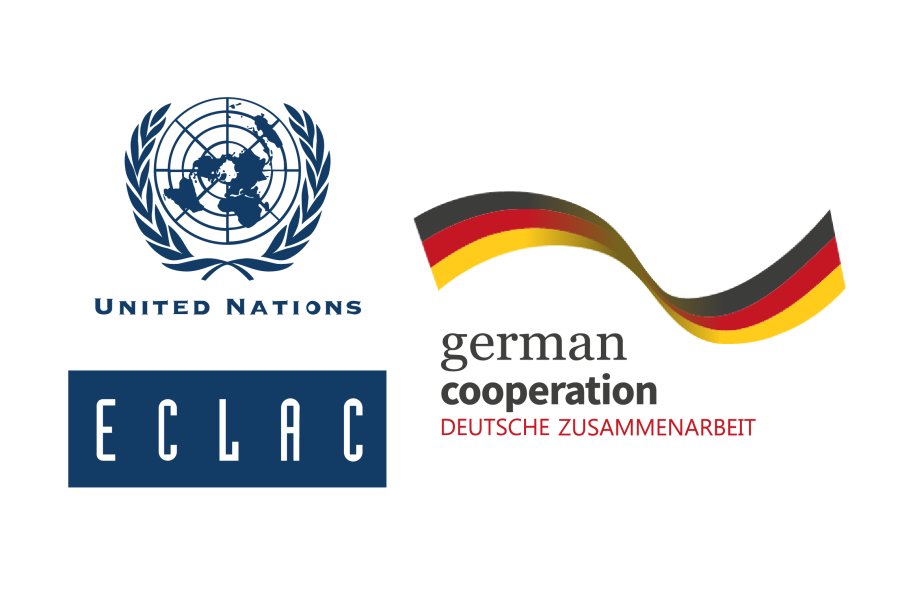The future of social protection in the midst of a protracted social crisis in Latin America: advancing towards universal, comprehensive, sustainable and resilient systems
Work area(s)
The future of social protection in the midst of a protracted social crisis in Latin America: advancing towards universal, comprehensive, sustainable and resilient systems
- Publication type: Social Policy
- Physical description: 155 pages.
- Publisher: ECLAC
- UN symbol (Signature): LC/TS.2023/163
- Date: 5 March 2024
Abstract
Social protection systems in Latin America and the Caribbean face multiple challenges to enhance their universality, comprehensiveness, sustainability and resilience. The region must tackle structural inequalities that are reflected in the coverage, sufficiency and financial sustainability of these systems. These issues are exacerbated by additional problems related to a highly complex context. A series of cascading crises, which includes the health, economic and social impacts of the COVID-19 pandemic, has been compounded by a reconfigured social risk structure that conditions the future of social protection systems. The overall challenge is threefold and involves (i) closing the structural gaps in these systems that have existed in the region since before the pandemic, (ii) designing strategies to reverse the profound impacts of the pandemic on the population’s well-being, and (iii) preparing for a more complex reality for the future of social protection. This requires bolstering specific instruments and the systemic, comprehensive and resilient approach to social protection systems.
In addition to identifying the main structural challenges of social protection systems and the social protection responses that countries implemented during the pandemic, this document seeks to characterise the current risk structure in the region. The argument is made that this risk structure conditions the future of social protection systems in terms of the design, content and institutional framework of the policies and instruments that are needed. These systems must prepare for a wider range of social risks that undermine rights and may result in the loss of welfare levels. In the current context, social protection must be strengthened to be able to transform the underlying conditions of vulnerability faced by persons, households and territories. To this end, this document lays out policy recommendations, cross-cutting priorities and guidelines for strengthening their institutional capacities.
Table of contents
- Summary
- Introduction
- I. The future of social protection: challenges posed by a reconfigured risk structure / Raúl Holz, Isabel Jacas, Claudia Robles
- II. The Persistent Gaps of Social Protection in the Region / Nincen Figueroa, Raúl Holz
- III. Social protection, crisis, and the pandemic: lessons from a comparative perspective / Bernardo Atuesta, Tamara Van Hemelryck
- IV. Strategic guidelines to meet the challenges of future social protection / Claudia Robles, María Luisa Marinho, Nincen Figueroa, Isabel Jacas
- V. Opportunities and challenges for strengthening institutional capacities for social protection / Raúl Holz, Amalia Palma
- VI. Final considerations: the future of social protection within the consolidation of a welfare state in Latin America / Claudia Robles.
